Wordle
Released in October of 2021, Wordle has recently skyrocketed in popularity. The exciting brain game retains its value by releasing a new word everyday, and everybody has the same word. Yes, I mean everyone. Although there have been many off-shoots at this point, the fact that everyone around the globe has the same word adds global competition. Not only is it good for sharpening the brain, there’s also relationship benefits. Unlike games like flappy bird, where the game is designed to make you lose, Wordle doesn’t hide any game mechanics, and is in fact trying to help you win. The game works on a basic set of rules.
There are 6 rows with 5 blanks for letters. If you put in a letter value that isn’t in the word, the letter is highlighted as gray. If a letter value is highlighted as yellow, then the letter is in the word, but in the wrong spot, and if the letter is highlighted green, then the letter is in the word and it’s in the right place. Once you go through the elimination process for the letters, you (hopefully) end up with 5 green highlights on or before the 6th row.
Although its rise has become more stabilized, one news organization took a particular interest in this puzzle based game, The New York Times. Wordle creator Josh Wardle, based out of Brooklyn, disclosed that the purchase made was in the “low seven figures”. NYT has promised that the game, for now at least, will remain free to play for both new and existing players.
Although the NYT has made minimal changes to the game, such as removing vulgar words from the word database, the game has maintained its overall spirit. Just last week, I was competing with a friend to see who could get the word in the least amount of rows, and I realized the educational value of the game beyond critical language thinking. It’s about memory recall, proper communication, logical reasoning, and about overall cognitive function.
Although the game doesn’t outright promise preventing dementia in later stages of life, studies from Harvard Health Publishers, and the University of Exeter both go on to explain the benefits of puzzles and challenges being applied to daily life. They talk about how exercising the mind is just like exercising the rest of the body. The more the body is worked, the stronger it will get, and the better chance it has of remaining in working condition for a longer period of time as compared to a body that may not work as much. The same is true for the brain.
There are also apparent communication benefits. As alluded to earlier, Wordle has positively influenced people to communicate not only with their friends, peers, and co-workers, as well as sharing their voice with the world. Who doesn’t like a little friendly competition? It is through that competition that people learn to communicate on a much larger scale.
All in all, it’s definitely a fun time that not only helps with critical thinking, but also communication, something we could all get better at. Due to its success, it’s fair to assume that the game will have strong update support to keep the game relevant, or at least in proper working condition. Though other games have experienced similar success seemingly overnight, they also lose traction just as quickly. GIven the educational value of the game, though, it’s fair to assume that school districts or at least certain institutions will extend the longevity of the game by incorporating it into their own system.
Your donation will support the student journalists of Ames High School, and Iowa needs student journalists. Your contribution will allow us to cover our annual website hosting costs.

Humza Maqsood is a Senior at Ames High. He swims for Ames High and likes to play table tennis for fun. He really enjoys watching movies and is also a member...

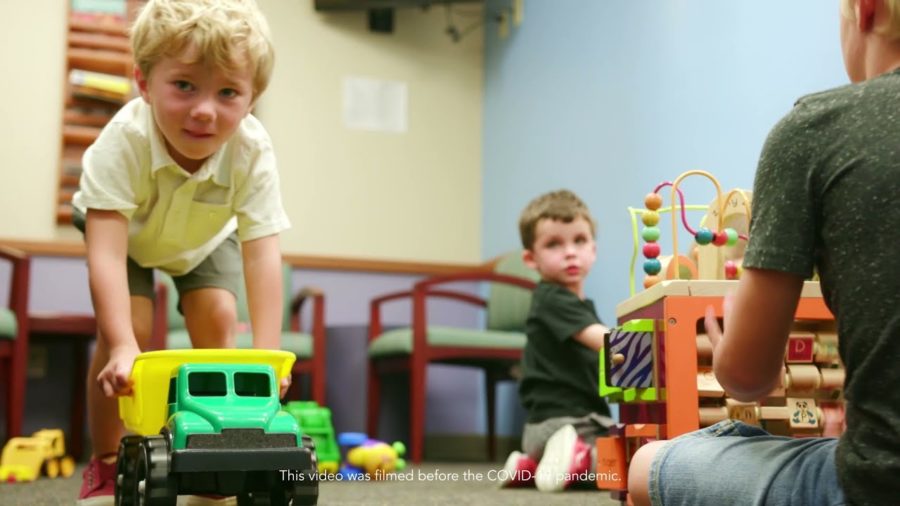


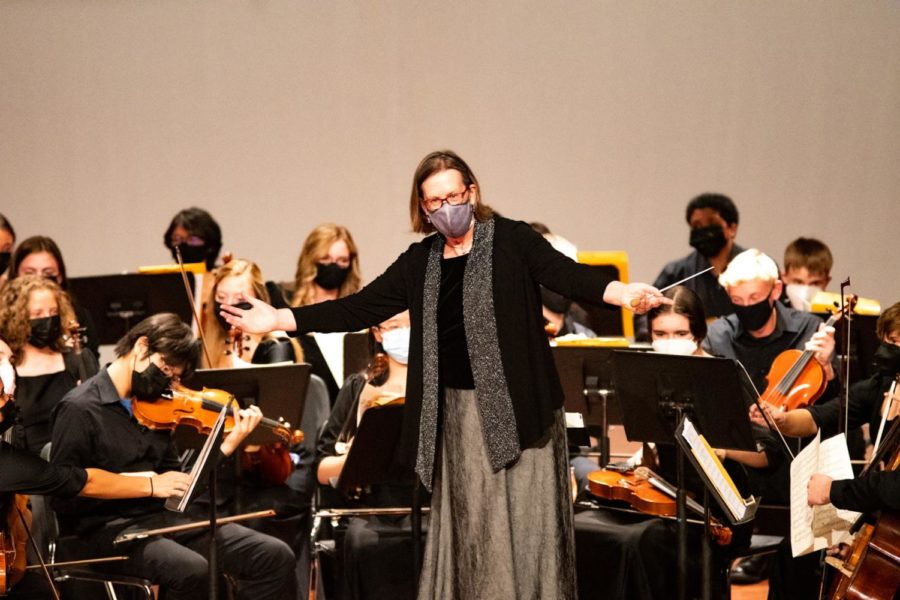
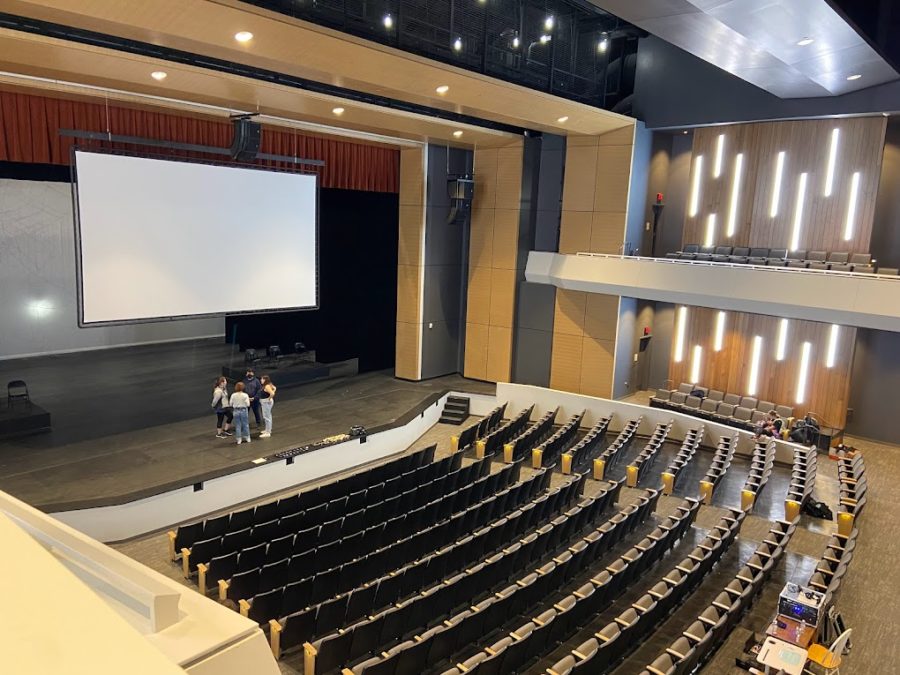


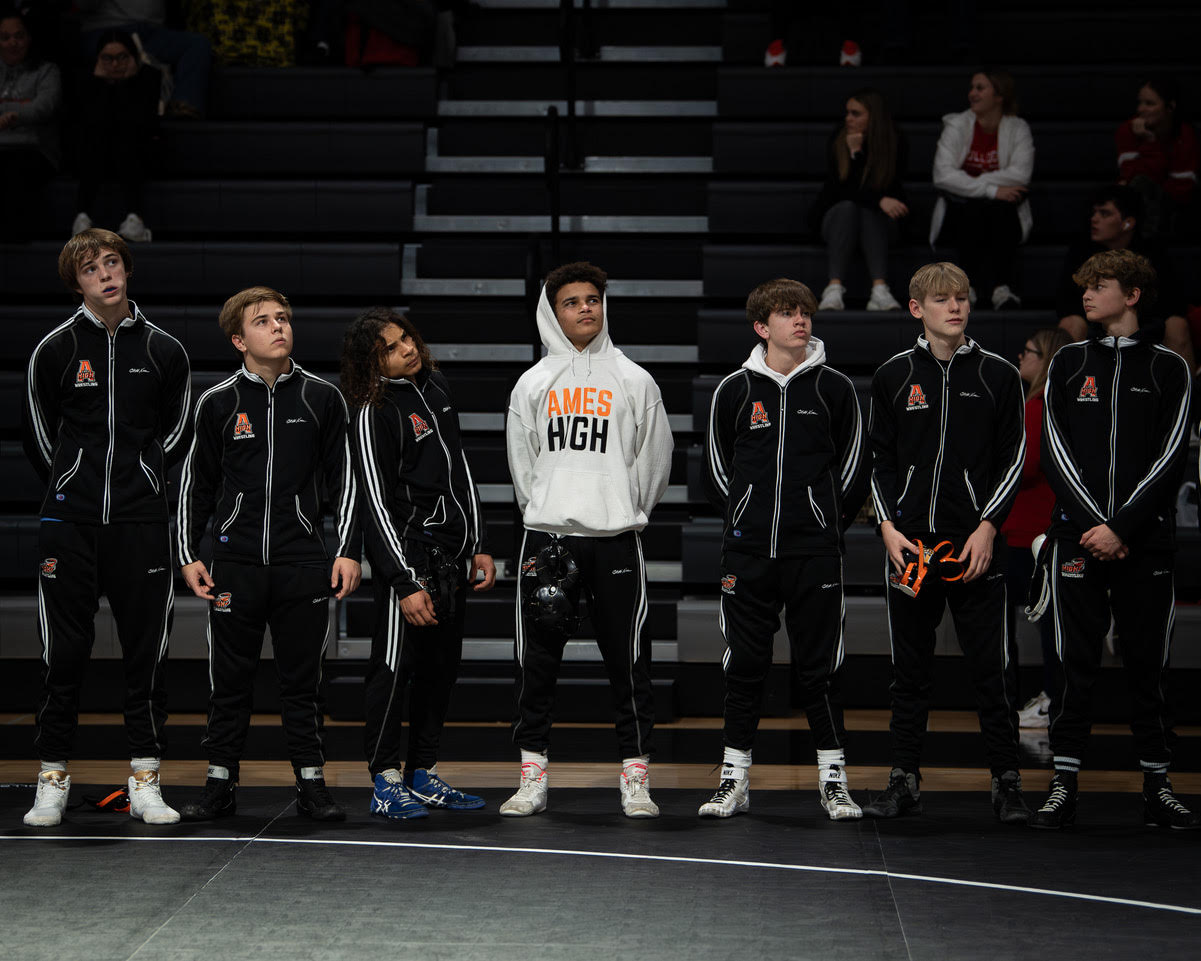


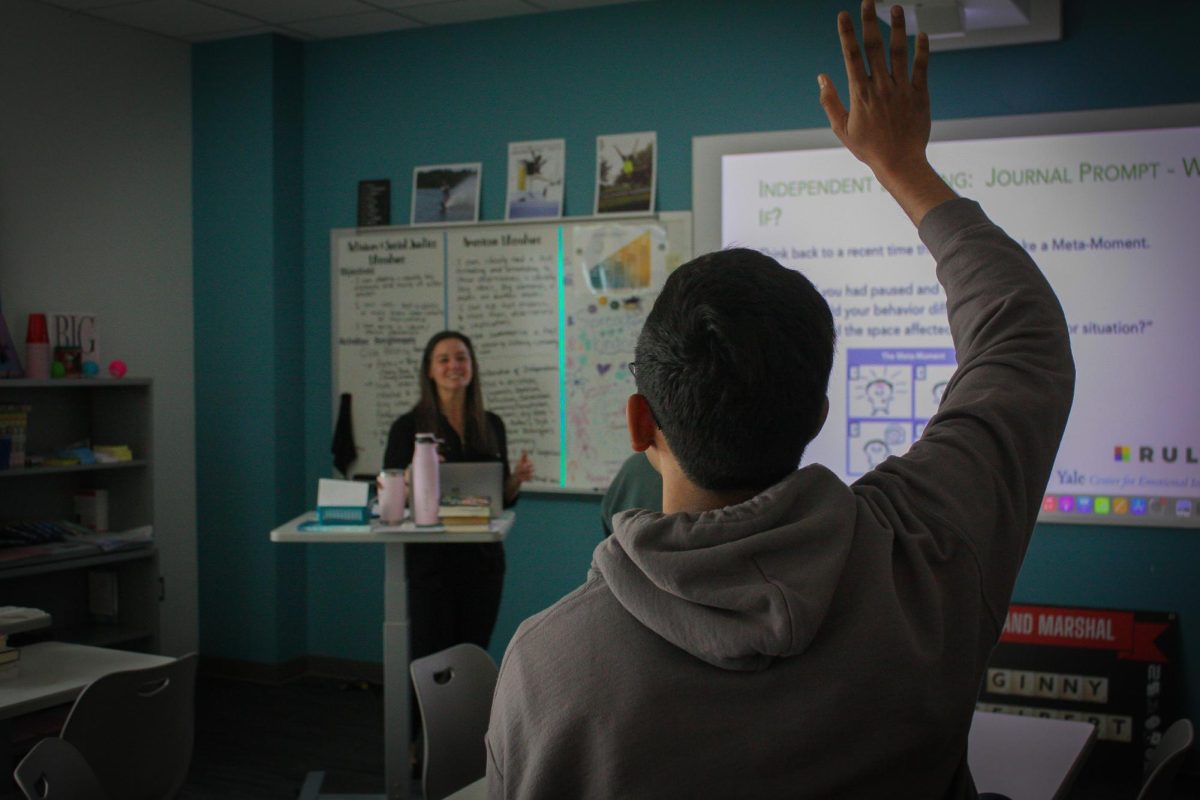
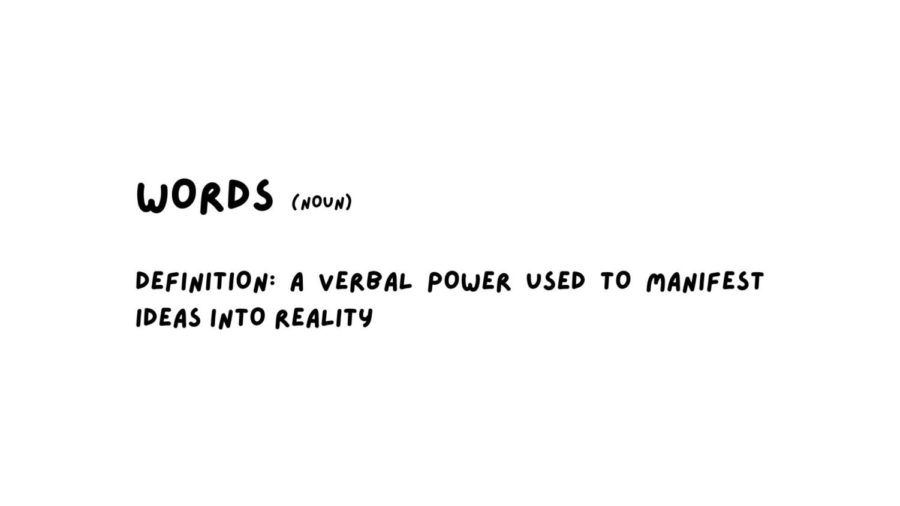
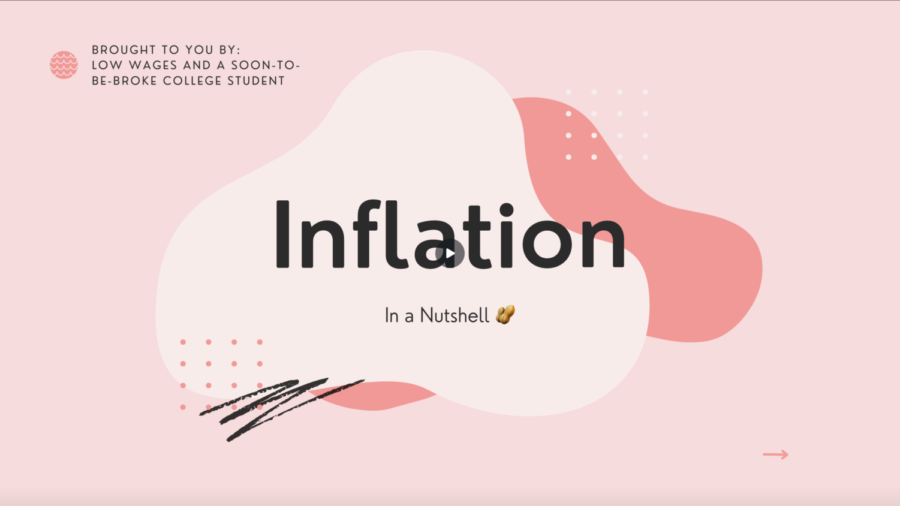

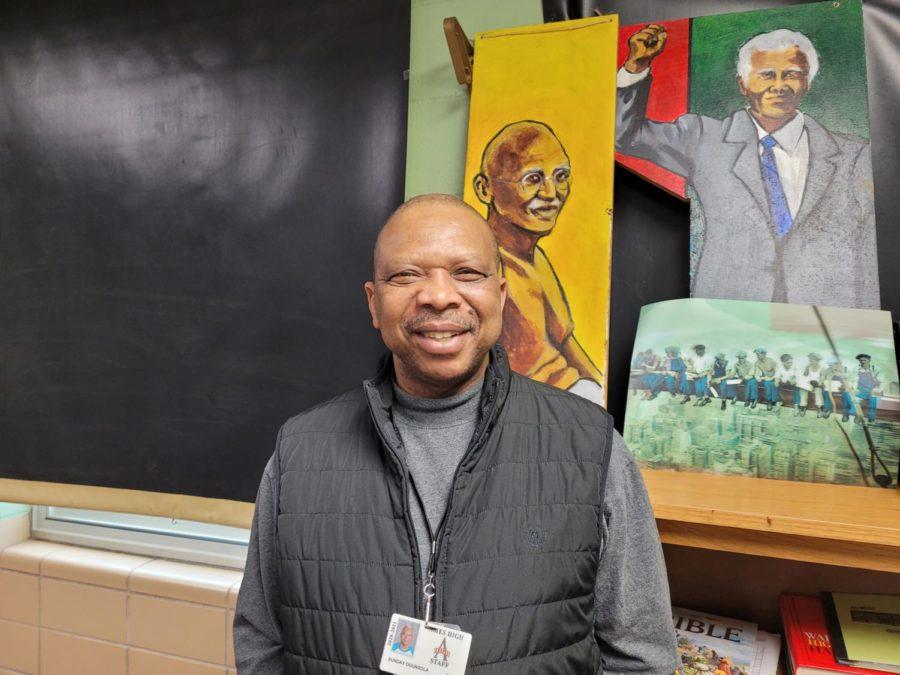





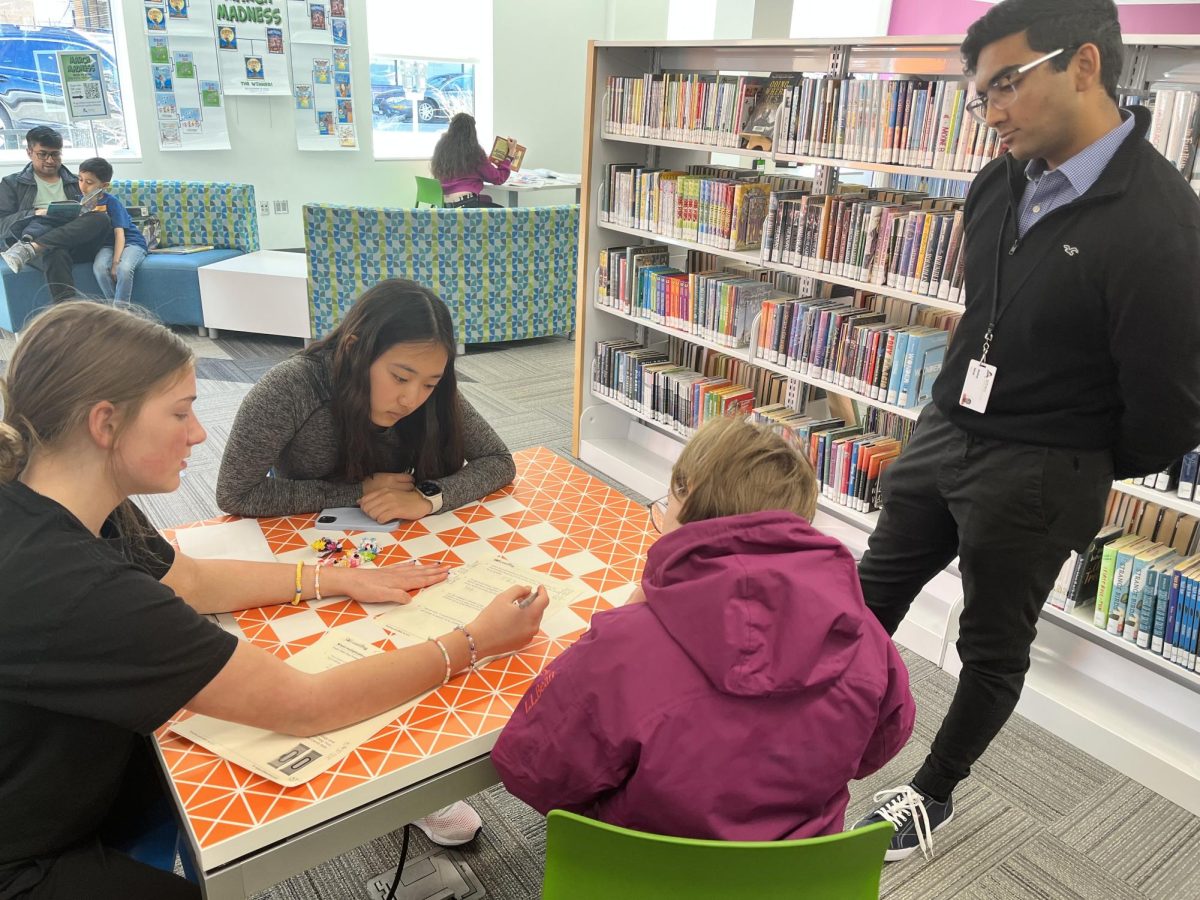
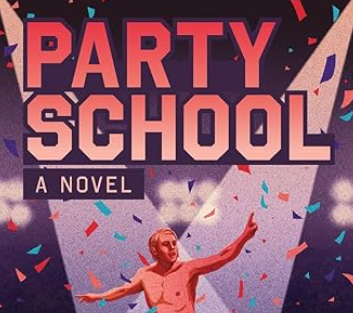

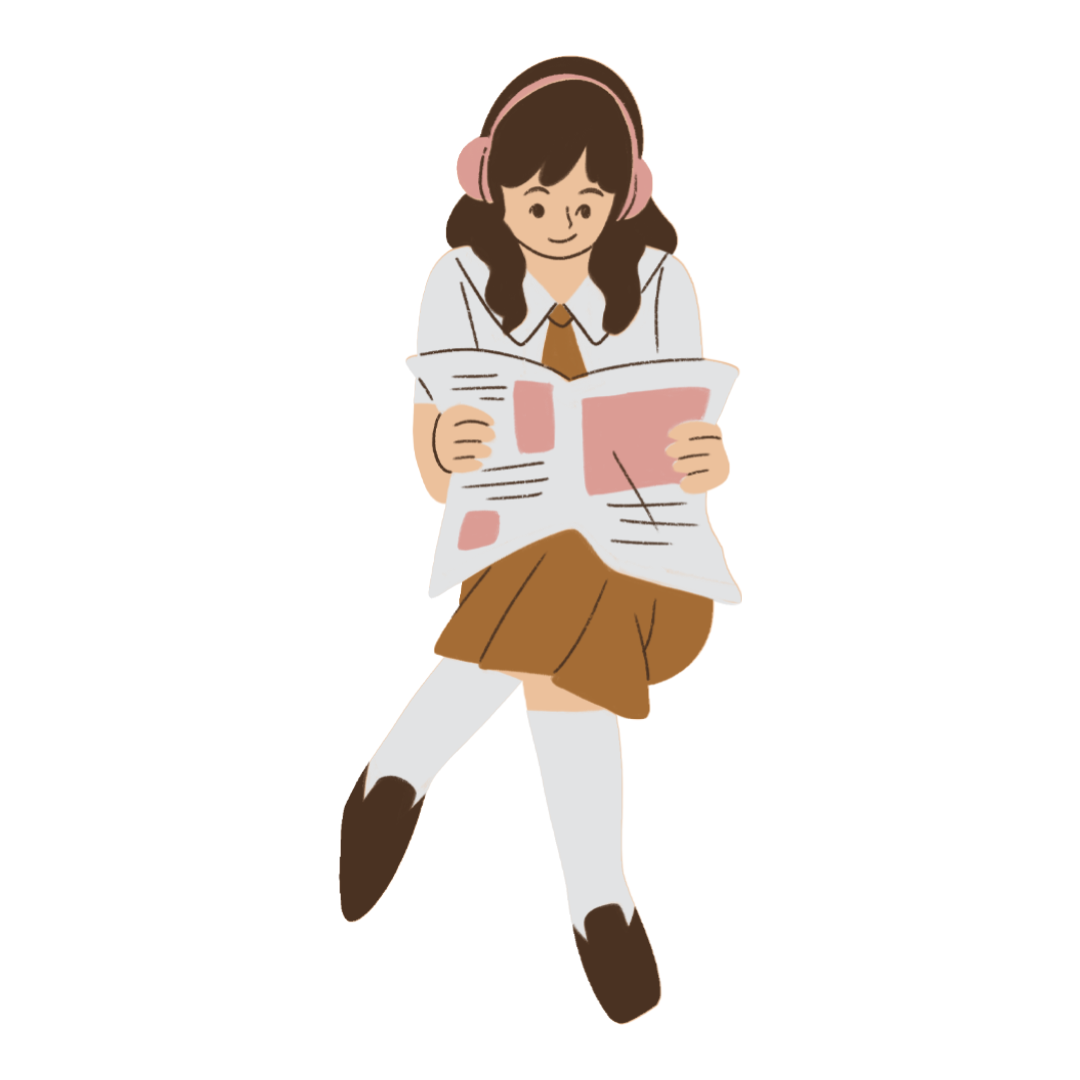











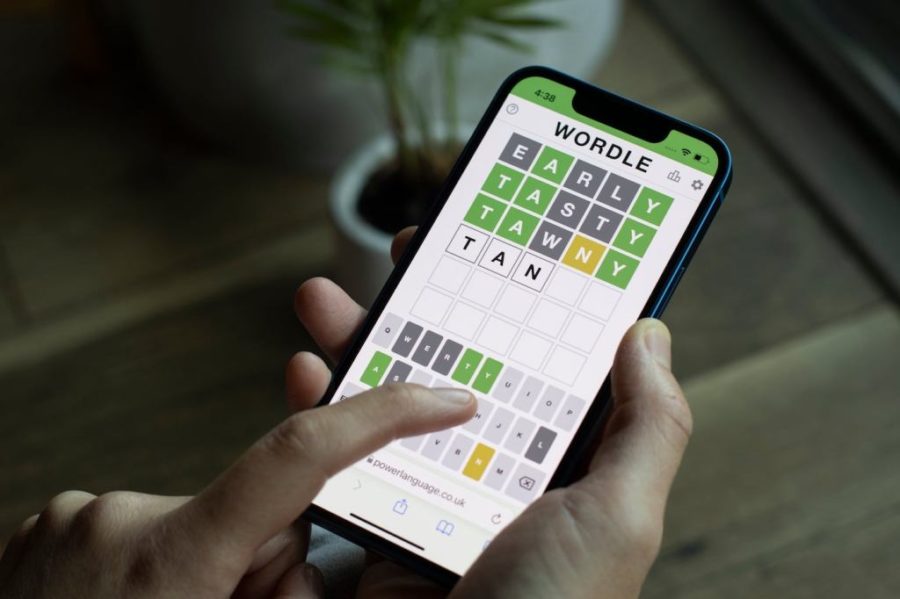








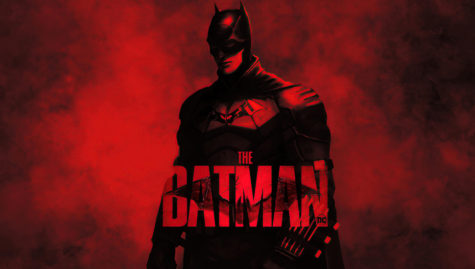
Theodore Fuhs • Oct 13, 2022 at 1:10 pm
I liked how the author started the story. This author talked about how wordle was popular and how everyone was playing it. The author talks about how the game works and why it’s popular. I also like how this author decided to end this story. They talked about how wordle is fun for all people but it is losing traction due to it being repetitive. I like the overall structure of this story.